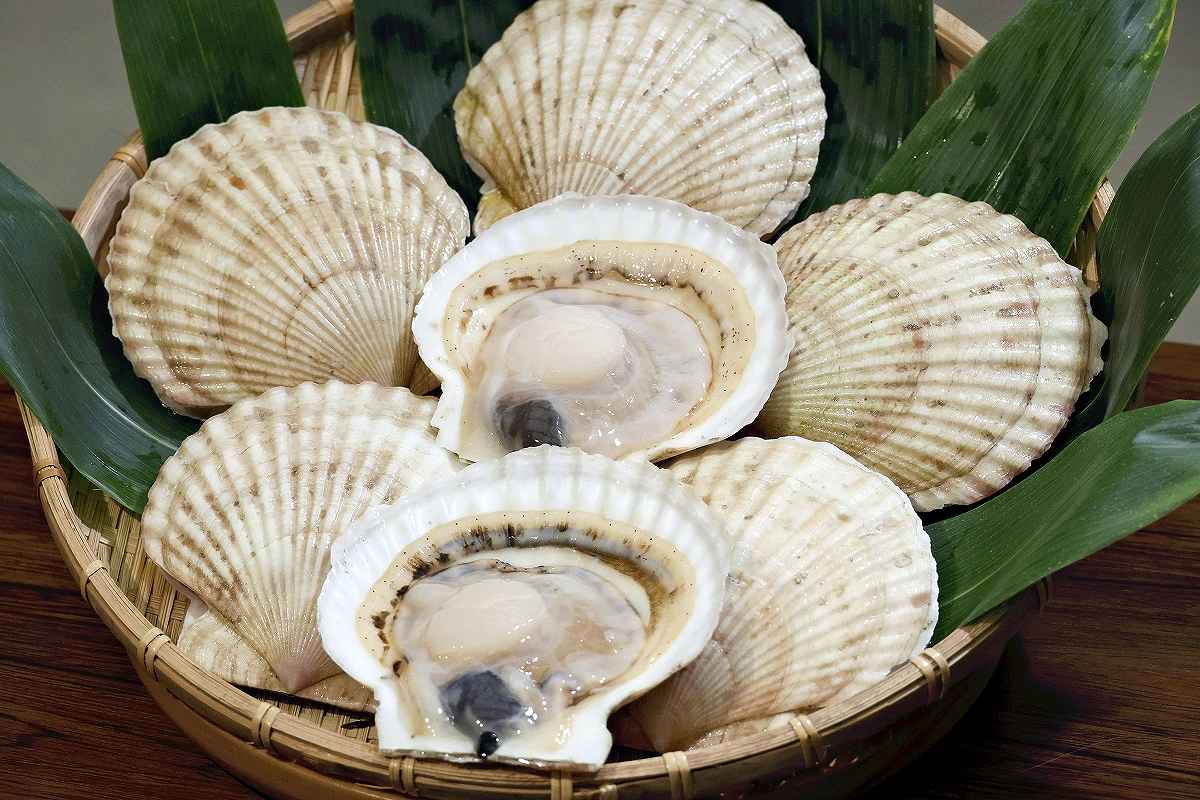TOKYO (ANN/YOMIURI SHIMBUN) – In response to China’s ban on Japanese fishery products, Japan is exploring the establishment of a scallop processing system in Vietnam, aiming to redirect exports to the United States.
The Japanese government plans to assemble a delegation for a visit to Vietnam next month, seeking to assess processing facilities in the Southeast Asian nation. The move comes as a strategic effort to diversify export destinations for Japanese scallops, a significant portion of which were previously shipped to China.
The blanket ban on Japanese fishery products was imposed in the wake of Tokyo Electric Power Company Holdings Inc’s release of tritium-containing treated water from the Fukushima No 1 nuclear power plant into the sea in August.
With the value of Japanese scallop exports to China plummeting to zero in September, Japan is compelled to identify alternative processing facilities to facilitate exports to the United States.

Previously, an annual export volume of 30,000 to 40,000 tons of Japanese scallops, in terms of raw shells, reached the United States after processing in China. The ongoing ban underscores the urgency for Japan to establish alternative processing solutions, safeguarding its scallop exports to the American market.
In Vietnam, Japan hopes to select sites the delegation will visit mainly from 19 facilities introduced by the US Embassy in Tokyo, with the aim of facilitating business negotiations between Japanese and Vietnamese companies.
Japanese fisheries minister Ichiro Miyashita expressed his gratitude for the US support in a meeting with US Ambassador to Japan Rahm Emanuel on Friday.
The Chinese ban is not a matter of public health or safety but economic intimidation, Emanuel said, adding that Japan and the United States are friends.
“We’re beginning to overcome the damage from the import restrictions (by China and others) by diversifying our export destinations and increasing domestic consumption,” Miyashita told a press conference Friday.






